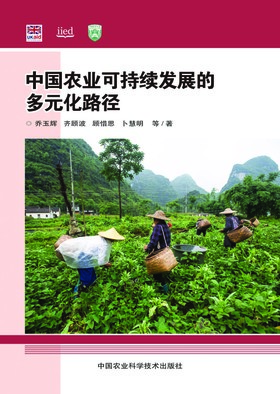中国农业可持续发展的多元化路径

Chinese agriculture today faces major environmental challenges, from unsustainably high applications of fertilisers and pesticides to widespread soil erosion, pollution, water scarcity and the loss of agricultural biodiversity. Coupled with the dramatic depopulation of rural areas and high-profile food safety scares, these challenges are prompting the emergence of a growing movement towards sustainable agriculture, witnessed by the rise in ecological farms, organic farmers’ markets in major cities, as well as increasing emphasis on sustainability in Chinese policies related to agriculture. But what impact is this movement having on these challenges and how can it best be supported? This research report assesses the economic, social and environmental impacts of eight sustainable agriculture case studies from seven provinces in China to build a deeper understanding of the multiple emerging pathways towards sustainable agriculture. From uncertified small community-led farmers’ associations and remote sheep-rearing societies which target local urban consumers, to large certified organic companies with national distribution, these initiatives illustrate the diverse alternative models of agriculture with which communities, local governments and companies are experimenting across China. The aim is to distil lessons learned and ultimately to provide insights for researchers, practitioners, and policymakers into how sustainable agricultural practices can be better supported, both in China and elsewhere. As China is a laboratory for development in many respects, its experience is highly relevant for other countries.
Cite this publication
Available at https://www.iied.org/zh-hans/17579iied